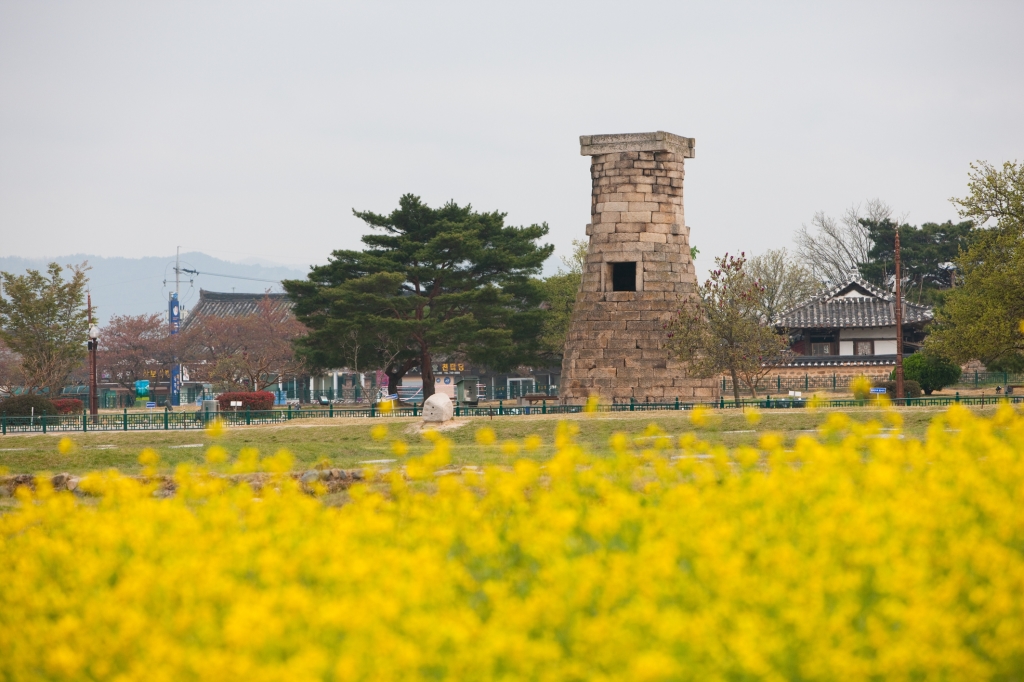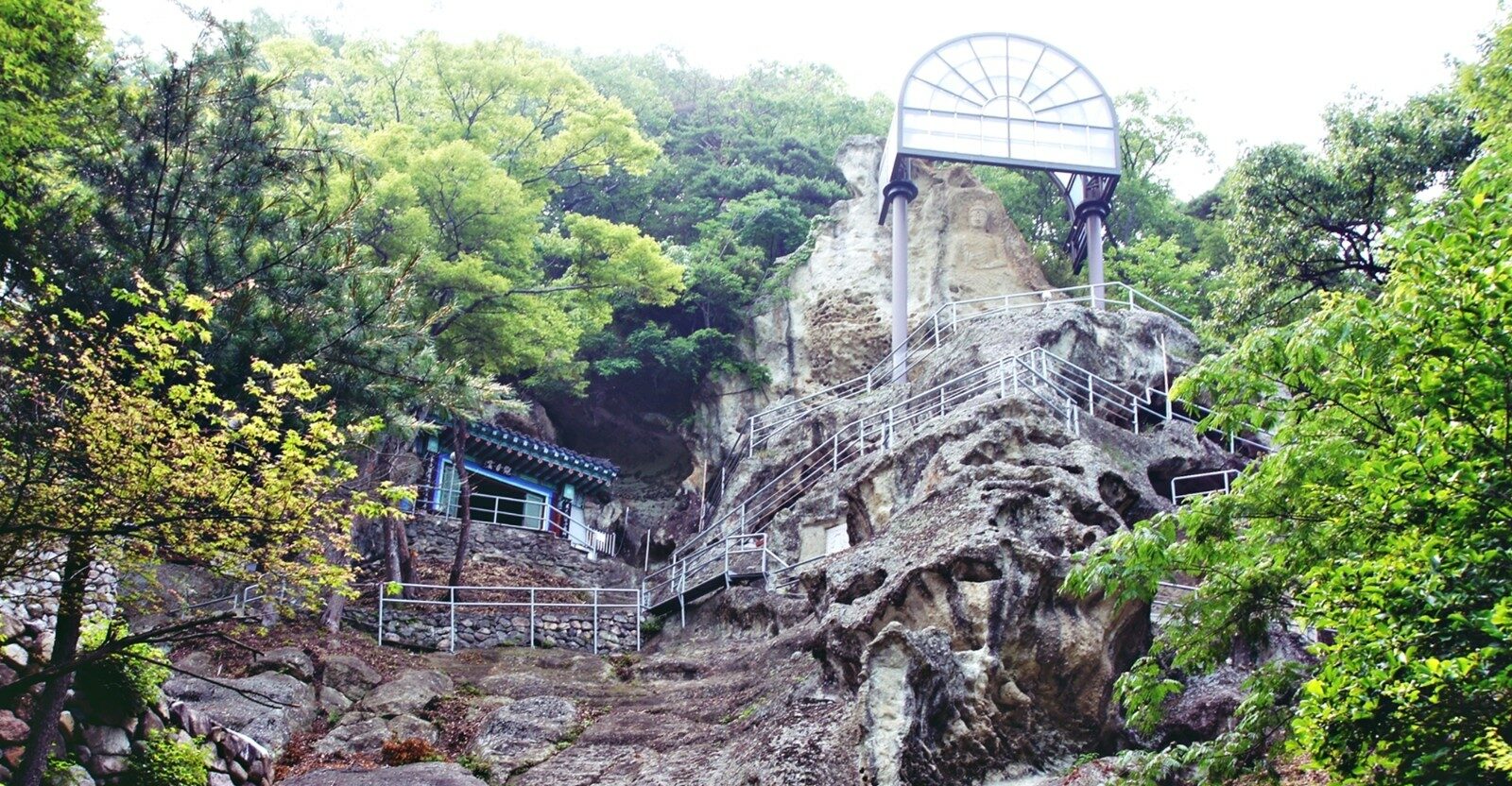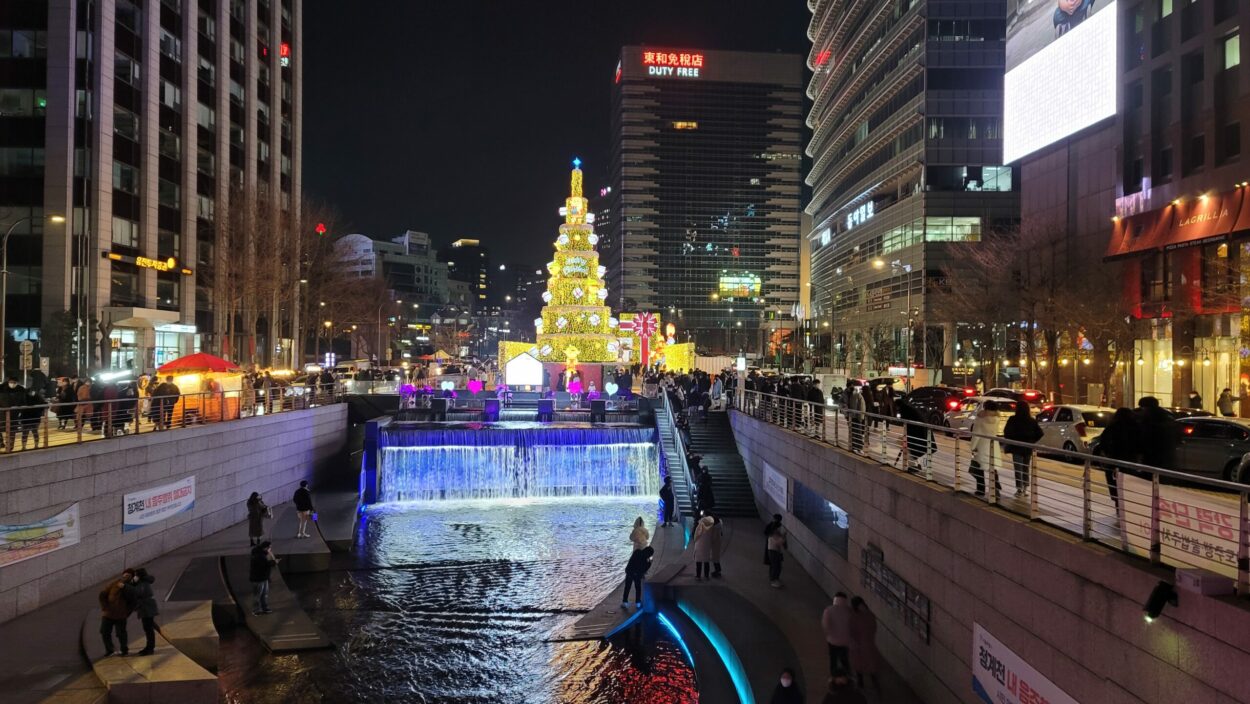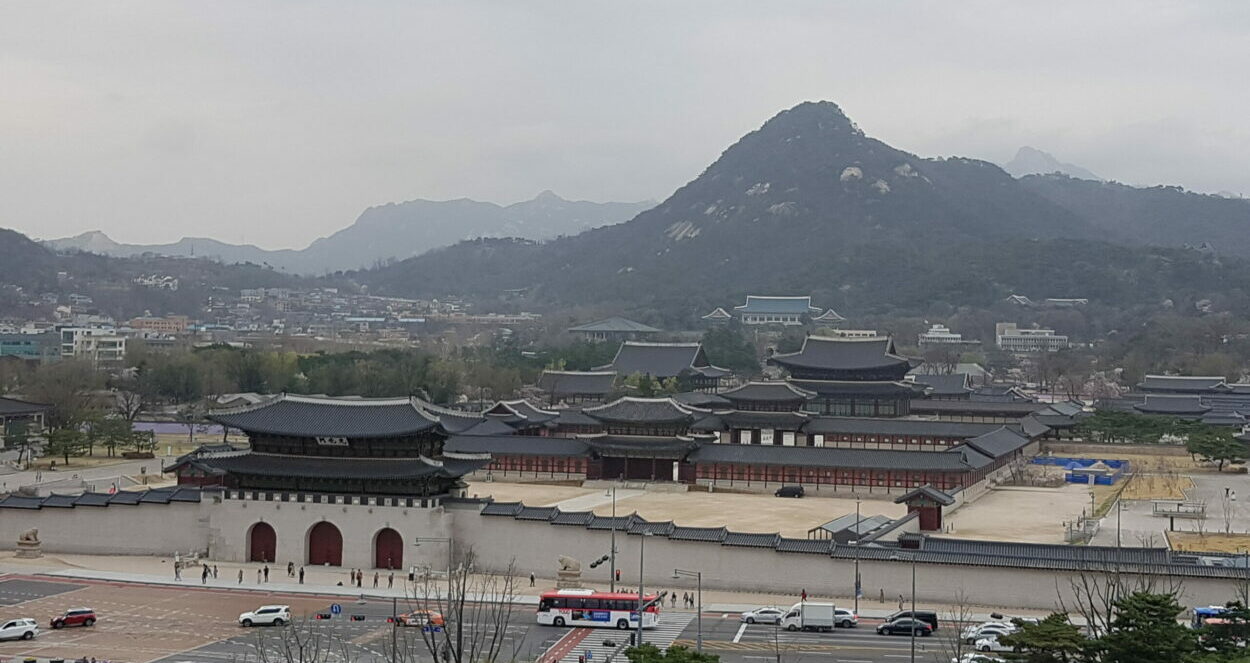In Gyeongju, Cheomseongdae stands as a symbol of ancient Korea’s astronomical ingenuity. This iconic stone structure, a masterpiece from the Silla Kingdom, offers a captivating glimpse into history.
A Marvel of Ancient Engineering
Cheomseongdae rises 9.17 meters tall, crafted with 362 meticulously placed granite stones. Its unique, bottle-shaped design isn’t mere aesthetics – it reflects deep cosmic symbolism.
Astronomical Significance
Constructed during Queen Seondeok’s reign, this observatory played a pivotal role in:
- Predicting weather and celestial events
- Guiding agriculture
- Offering spiritual and political insights
Architectural Brilliance
Cheomseongdae’s intricate design includes:
- 27 symbolic stone layers
- A precisely placed square window
- Stones arranged to reflect cosmic principles
- Sunlight alignment during equinoxes
Nearby Cultural Treasures
Within walking distance, visitors can explore:
- Tumuli Park (Daereungwon) with its ancient royal tombs
- Gyeongju National Museum, housing Silla artifacts
- Anapji Pond, a stunning palace complex
- Woljeong Bridge, an iconic stone bridge
- Gyeongju Donggung Palace and Wolji Pond, spectacular at night
Local Culinary Delights
Gyeongju’s traditional foods offer a taste of history:
- Gyeongju Bread (Hwangnam-ppang) – sweet red bean pastries
- Ssambap – fresh vegetable wraps with various side dishes
- Haejangguk – hearty beef soup, perfect for breakfast
- Gyeongju Beopju – traditional Korean rice wine
- Seongnaengchae – spicy vegetable salad unique to the region
A National Treasure
Designated as National Treasure No. 31 in 1962, Cheomseongdae celebrates Korea’s scientific achievements. Visitors marvel at how ancient astronomers used it to understand the cosmos and manage agricultural cycles. Combined with the surrounding historical sites and local cuisine, Cheomseongdae offers a complete cultural experience that brings ancient Silla to life.”
“Want to visit this place effortlessly? Let us customize your trip!”




